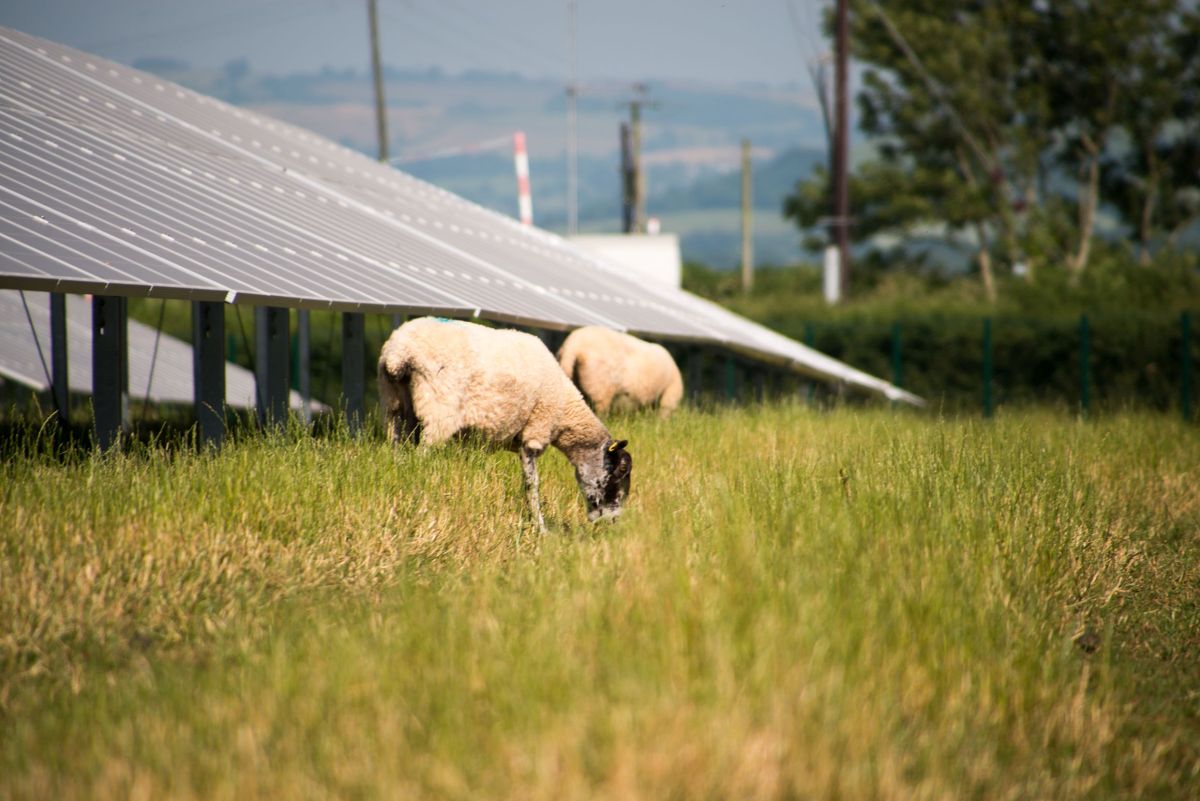
A Holyrood report has said agriculture is one of the biggest emitters of greenhouse gases but has one of the lowest climate change targets.
It said the agricultural sector, along with the transport sector, needed to make a greater contribution than laid out in the Scottish government's climate plan.
Four Holyrood committees have been scrutinising the draft plan which will be debated by MSPs next week.
The report, by the Scottish parliament’s Environment, Climate Change and Land Reform Committee said, for example, that transport accounts for 28% of greenhouse gas emissions but has weaker targets compared with other sectors in Scotland.
Graeme Dey MSP and Environment, Climate Change and Land Reform Committee Convener said: “Our committee feels that it is crucial for all of Scotland’s sectors to play their part in reducing emissions.
“Specifically transport and agriculture – which are the biggest contributors in terms of creating harmful carbon emissions – must, in the opinion of the committee, be required to make a greater contribution in tackling climate change.”
“In order for Scotland to truly be a world leader, the Scottish government needs to ensure all sectors are equally challenged in creating a climate-friendly, low-carbon Scotland.”
The growth of AD
However, the agricultural sector has been making big strides in its effort to combat greenhouse gas emissions.
A report, launched in December, emphasised the growth and development of the UK's anaerobic digestion sector, which consequently improves sustainability in farming.
The report shows that the total number of AD plants in live operation has risen from 424 a year ago to 540 today, giving the UK more capacity to recycle food waste, creating more sustainable farming practices and waste water treatment, more low-carbon baseload electricity, and more green gas in the UK's grid.
AD has also already reduced UK greenhouse gas emissions by nearly 1% annually.
In November, twenty-two farmers from across the UK featured in a brochure titled 'Delivering Britain’s Clean Energy from the Land' at the UN's Climate Change conference which celebrated Farmers Day.
The report celebrated the work of farmers from across all four UK farming unions in tackling climate change by installing renewable energy systems on their farm and producing low carbon energy.
And the Farmers Union of Wales (FUW) President Glyn Roberts said the UK leaving the EU provides a 'significant opportunity' to improve agri-environmental scheme designs in a way which better meets the needs of both farming and the environment.
